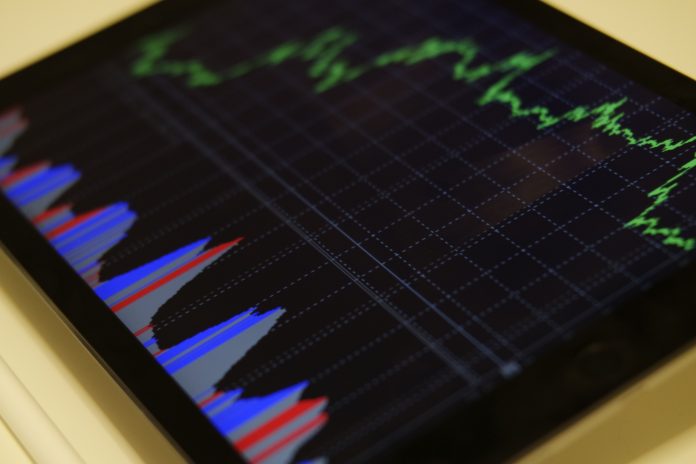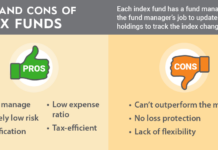You’ve probably come across the word ‘volatility’ as you scroll through finance and investment sites and articles. In fact, the Coronavirus pandemic has led to a downturn in the global economy, with every media reporting on volatility.
Volatility can have different meanings, depending on the context in which it’s applied. Regardless of the context, though, it’s best that you understand what volatility means for your investment and personal finance purposes.
Types of Volatility
Price Volatility
Price volatility refers to the fluctuation of prices for commodities. It’s measured using the day-to-day changes in commodity prices, where the percentage variation level shows the commodity’s volatility.
There are three main causes of price changes, which result in price volatility. The three factors affect the supply and demand of the commodity, leading to a change in prices.
- Season – some commodities sell depending on the season. For example, hotels have a high season when there are many tourists, and hotel rooms’ demand goes up. Food products, like pumpkins and orchids, have seasons in season or off-season, affecting demand and supply.
- Weather – this mostly affects agricultural products. If there’s no rain or floods happen, the supply of food can be affected. This leads to an effect on the prices depending on demand. Harsh weather conditions like hurricanes can affect gas pipelines, leading to volatility in gas prices.
- Emotions – yes, human emotions can affect the price volatility of commodities. For example, when there is a panic, like the one experienced during the onset of Coronavirus cases, panic buying occurs. The supply for the commodities might not change during such an event, but the prices might increase due to high demand.
Market Volatility
Market volatility is the fluctuation of prices in the market. In finance terms, it refers to changing prices for stocks, commodities, and forex markets.
Stock Volatility
This is the variation of stock prices from the market index. It’s measured using Beta, which shows how a particular stock relates to the market. For example, when comparing a stock to the S&P 500 index, which has a beta of 1.0, it will rank depending on how far it deviates from the Beta. If the stock has a beta that’s more than 1.0, then it’s more volatile than the market index. A lower beta of less than 1.0 means the stock is not very volatile.
Implied Volatility
Implied volatility refers to the forecast of future prices of securities and is common in option contracts. One can tell the implied volatility depending on the variation of future option prices. An increase in future option prices indicates an increase in implied volatility and vice versa.
Historical Volatility
This is how much a security or market price fluctuates in the past, over a specified period. A high variation of past and present prices for a stock indicates that it’s highly volatile and risky.
Managing Volatility in a Portfolio
Volatility in finance and investing is inevitable, but that doesn’t mean you should stop investing in securities with high volatility and focus only on those with low volatility. With the below strategies, you can manage volatility effects on your portfolio:
- Diversify your portfolio – having your portfolio with different underlying assets is one of the best ways to manage volatility. If you focus on stocks only, ensure you diversify by investing in stocks from various industries and sectors. If you consider different investment vehicles, consider having bonds and stocks in your portfolio, and other asset classes for more diversification.
- Risks vs. rewards – as much as you want more returns from your investment, you also need to consider the risks. Stocks, for example, are more volatile than bonds. These are not the best investment vehicles for anyone with a short term investment horizon. While you may want to take the risk and invest in securities with high returns but are highly volatile, it’s worth considering investing in those with low volatility if you have low-risk tolerance and a short time investment horizon.
- Long term investment horizon – if you are not in a hurry to sell your investments for money and have the time, you can consider investing with a long term horizon. Prices might be low now, but with time, the market will probably pick up, thus increasing your securities prices.
Whether you are just starting to invest or have been in the game for a while, it’s important to understand the term volatility. It can help you manage your portfolio and ensure it’s well balanced to manage the volatility of securities you invest in and your portfolio returns as a whole.












